Residential and Commercial Construction
Residential and commercial construction plays a vital role in shaping Lincolnshire’s communities and economy. From building houses and apartments to creating retail outlets, warehouses, and office spaces, this sector delivers the spaces where people live, work, and thrive.
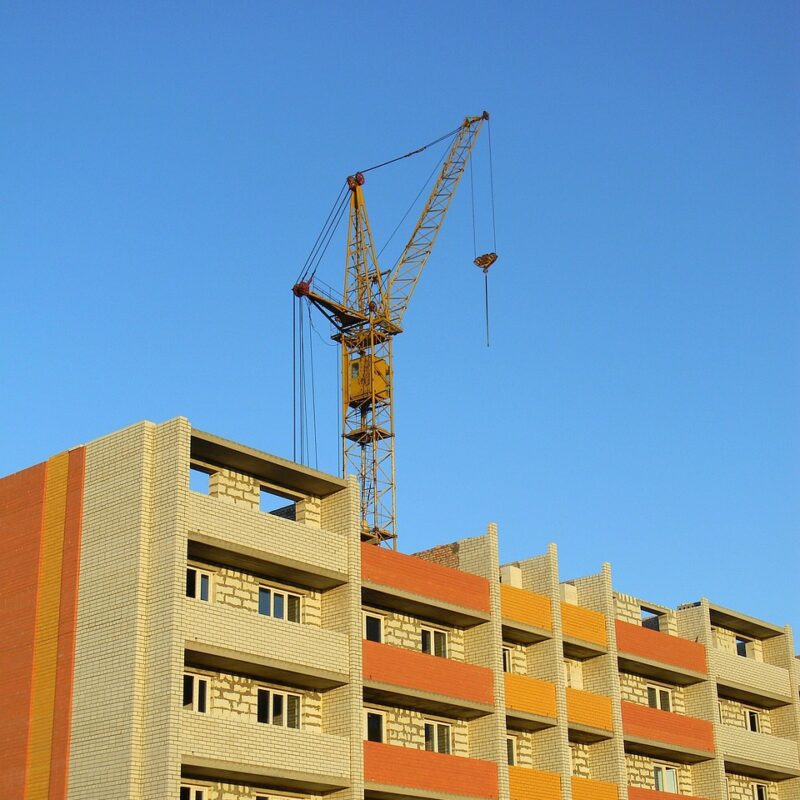
Whether building houses or designing office spaces, this sector offers diverse career opportunities for professionals eager to make a lasting impact. With pathways for growth and innovation, these roles contribute to Lincolnshire’s vibrant and sustainable communities.
Residential and commercial construction falls into six distinct areas:
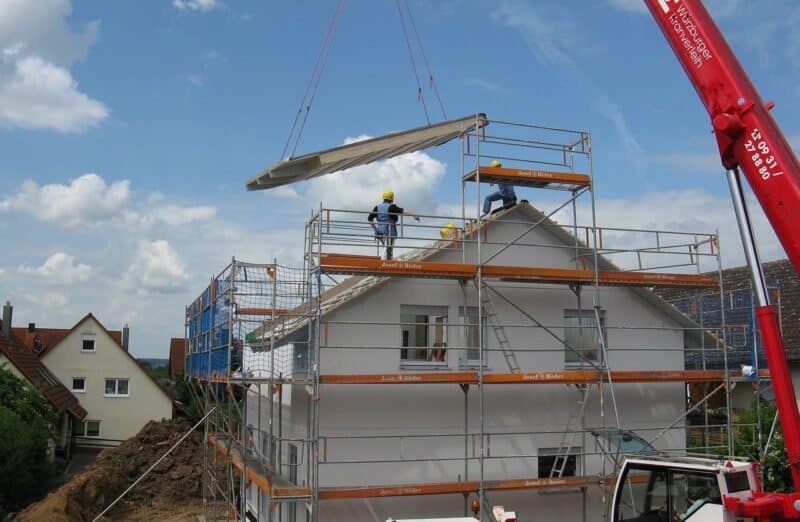
Houses
House construction focuses on creating homes that meet the needs of Lincolnshire’s residents, from single-family dwellings to bespoke builds. Projects include everything from laying foundations and constructing walls to finishing interiors and landscaping. These builds are required to meet rigorous new energy efficiency standards to lower energy consumption and bills, and helping to protect the environment. Construction teams collaborate with architects and engineers to deliver homes that align with local regulations, community aesthetics, and individual preferences.
Working in house construction is rewarding for those who enjoy practical, hands-on work and have a keen eye for detail. Roles involve building structures, installing systems such as plumbing, heating and electrical and ensuring every element meets high-quality standards. It’s a dynamic field offering specialisation in trades like carpentry, bricklaying, or eco-design.
Professionals in this sector help shape vibrant, sustainable communities and experience the satisfaction of creating spaces where families thrive.

Apartments
Apartment construction supports Lincolnshire’s growing demand for high-density living spaces, offering solutions for urban areas and town centres. Projects involve creating multi-storey buildings with modern amenities, integrating communal spaces like gyms, parking areas, and green zones.
Teams work on complex tasks such as structural frameworks, interior layouts, and ensuring compliance with safety and energy regulations. These developments optimise land use while providing attractive and efficient homes for multiple families.
Working in apartment construction is ideal for individuals with strong organisational skills and a passion for creating cohesive, community-focused spaces. The sector offers diverse roles, from site engineering and project management to finishing trades like plastering and decorating. Professionals collaborate across disciplines to deliver projects on time and within budget.
This field provides exciting challenges for those who enjoy problem-solving and contributing to sustainable urban living.
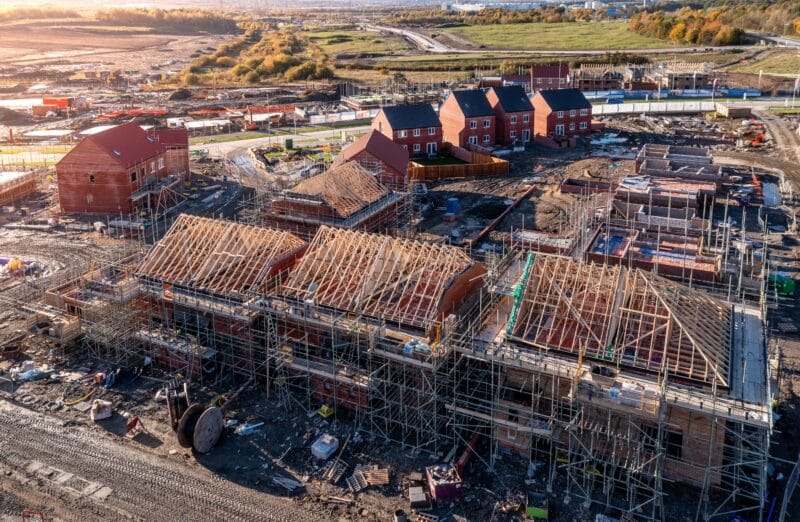
Housing developments
Housing developments transform open land into thriving neighbourhoods, blending various housing types with essential amenities. These large-scale projects require meticulous planning and coordination, encompassing everything from road layouts and utilities to green spaces and communal facilities. Teams work together to ensure developments are sustainable, aesthetically pleasing, and meet the needs of local communities.
These builds are required to meet rigorous new energy efficiency standards to lower energy consumption and bills and helping to protect the environment.
Working in housing development construction is suited to individuals who thrive on large-scale, multidisciplinary projects. Roles range from civil engineering and urban planning to site supervision and landscaping. This sector is perfect for those who enjoy collaboration, innovation, and seeing entire communities take shape.
Professionals contribute to creating environments where people live, work, and play, making a lasting impact on Lincolnshire’s growth and development.

Retail outlets
Retail construction involves creating versatile spaces for shops, supermarkets, and boutique stores, tailored to meet business needs and customer expectations. Projects include everything from designing layouts and fitting interiors to installing advanced systems for lighting, ventilation, and security. Teams ensure spaces are accessible, visually appealing, and functional. These projects often balance tight deadlines with brand-specific requirements, offering dynamic and rewarding challenges.
Working in retail construction appeals to those with creative flair and strong problem-solving skills. Roles span project management, interior design, and construction trades, requiring coordination to meet strict timelines. This field is ideal for individuals passionate about creating vibrant commercial spaces that enhance shopping experiences.
Professionals in retail construction contribute to Lincolnshire’s economic growth by delivering high-quality spaces for businesses to thrive.
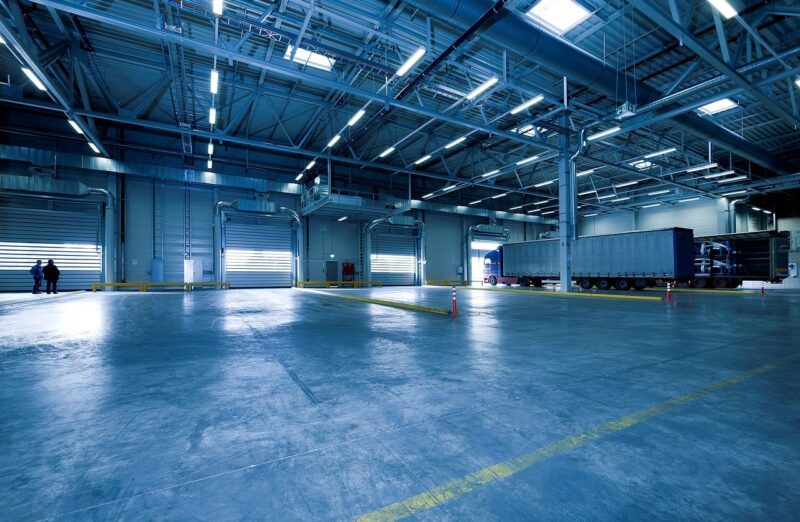
Warehouses
Warehouse construction supports logistics and storage industries across Lincolnshire, creating efficient and durable spaces. These projects often involve large-scale steel frameworks, advanced insulation systems, and technologies for energy efficiency. Teams focus on optimising layouts for storage and workflow, ensuring facilities meet safety and operational standards.
Warehouses are key to supporting businesses, accommodating everything from agricultural goods to retail stock.
Working in warehouse construction suits individuals with technical expertise and a strong work ethic. Roles include steelwork assembly, system installation, and structural engineering. This sector offers opportunities to specialise in sustainable building technologies or large-scale logistics solutions.
Professionals contribute to creating critical infrastructure that underpins supply chains and supports economic growth, making this field both impactful and rewarding.
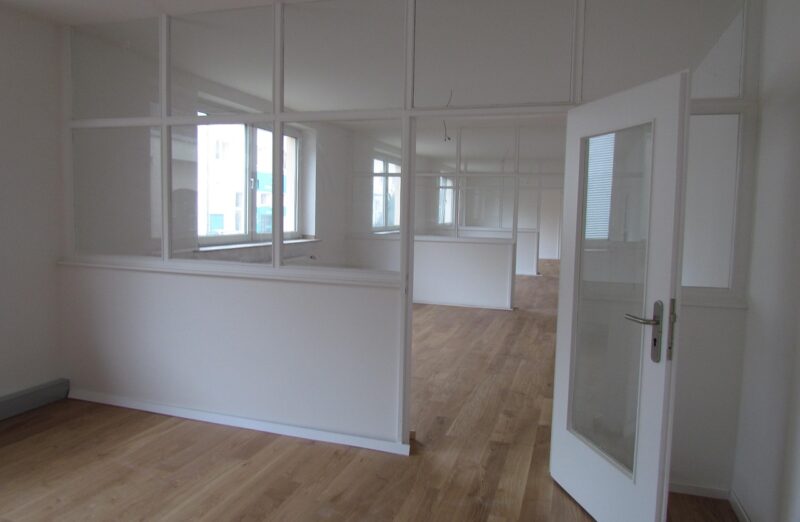
Office spaces
Office space construction delivers modern, efficient environments designed to support productivity and collaboration. These projects blend functionality with aesthetic appeal, incorporating open-plan designs, advanced technology, and ergonomic features.
Teams work on everything from structural builds to interior finishes, ensuring spaces meet client specifications and foster professional growth. Office construction often involves retrofitting older buildings with cutting-edge, ergonomic, energy efficient systems supporting and developing Lincolnshire’s business landscape.
Working in office construction is ideal for those with a creative mindset and technical skills. Professionals collaborate across roles like architecture, interior design, and construction management to deliver versatile workspaces. This sector offers opportunities to shape environments that inspire innovation and productivity.
By creating high-quality office spaces, individuals in this field play a pivotal role in supporting Lincolnshire’s business landscape.
Check out the different roles below

Management and coordination
Management and coordination roles are the backbone of residential and commercial construction, ensuring every project runs smoothly. These professionals develop and implement project plans, manage budgets, and coordinate teams to deliver high-quality results on time. Day-to-day tasks include conducting site visits, liaising with stakeholders, and resolving logistical challenges. Whether managing a housing development or a retail outlet, managers balance strategic oversight with on-the-ground problem-solving.
Key roles: Construction manager, project manager, site supervisor, health and safety officer, operations coordinator.
Skills & attributes: Strategic thinking, leadership, problem-solving, organisational skills, communication, attention to detail, knowledge of building codes and safety regulations.
Scorecard
Salary Potential*
Flexible Hours
Flexible Location
Physicality
*based on a 40-hour working week
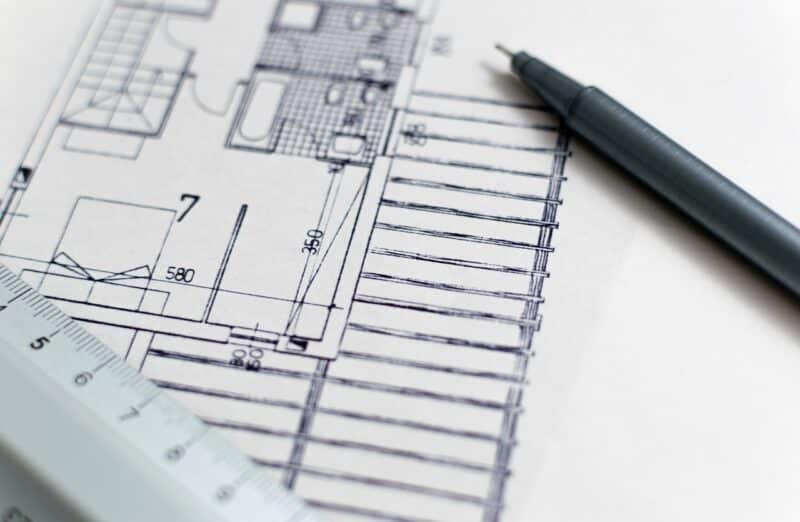
Engineering and design
Engineering and design roles bring creativity and technical expertise to residential and commercial projects. These professionals develop architectural designs, create technical blueprints, and ensure compliance with safety and zoning laws. Day-to-day tasks include using CAD software, conducting site assessments, and collaborating with clients to refine concepts. Engineers and designers play a vital role in shaping visually appealing, energy-efficient and functional spaces, from apartments to office complexes.
Key roles: Architect, civil engineer, structural engineer, design engineer, CAD technician.
Skills & attributes: Creativity, technical proficiency, analytical thinking, knowledge of building regulations, teamwork, and attention to detail.
Scorecard
Salary Potential*
Flexible Hours
Flexible Location
Physicality
*based on a 40-hour working week

Trades and practical roles
Trades and practical roles are hands-on positions that transform plans into reality. Skilled workers construct buildings, install systems, and carry out essential tasks to meet project goals. Daily activities include interpreting technical drawings, operating machinery, liaising with planning officers, and ensuring safety protocols are met. These roles are critical for delivering high-quality homes, offices, and retail spaces.
Key roles: Carpenter, electrician, plumber, stone mason, machine operator, planning Oofficer.
Skills & attributes: Manual dexterity, physical stamina, attention to detail, adherence to safety standards, teamwork, and knowledge of planning regulations.
Scorecard
Salary Potential*
Flexible Hours
Flexible Location
Physicality
*based on a 40-hour working week

Inspection and maintenance
Inspection and maintenance roles ensure that buildings remain safe, functional, and well-maintained after construction. Professionals in these roles conduct inspections, identify necessary repairs, and coordinate preventative maintenance. Daily tasks include evaluating structural integrity, testing building systems, and ensuring compliance with health and safety regulations. These roles are crucial for long-term quality assurance in residential and commercial properties.
Key roles: Building inspector, maintenance technician, safety compliance officer, facilities manager.
Skills & attributes: Attention to detail, technical expertise, problem-solving, knowledge of regulations, and physical agility.
Scorecard
Salary Potential*
Flexible Hours
Flexible Location
Physicality
*based on a 40-hour working week
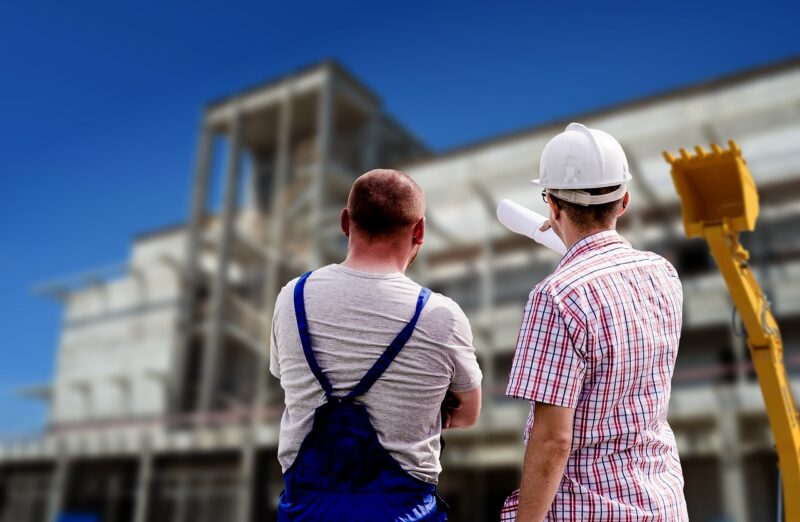
Support services
Support service roles provide the organisational framework that keeps residential and commercial projects on track. These professionals handle logistics, procurement, and regulatory compliance, ensuring that teams have the resources they need to succeed. Day-to-day responsibilities include managing schedules, sourcing materials, and coordinating with suppliers and contractors. These roles are vital for delivering projects efficiently and within budget.
Key roles: Surveyor, procurement specialist, logistics manager, environmental planner, traffic coordinator.
Skills & attributes: Organisational skills, communication, IT proficiency, budgeting, and analytical thinking.
Scorecard
Salary Potential*
Flexible Hours
Flexible Location
Physicality
*based on a 40-hour working week
In addition to the technical, management and coordination roles, residential and commercial construction relies on support functions like marketing, finance, procurement, IT HR and operations. For more information on these departments and the roles they offer, click here to explore further.
For information on local courses and qualifications that could support your career in construction, please click here.

